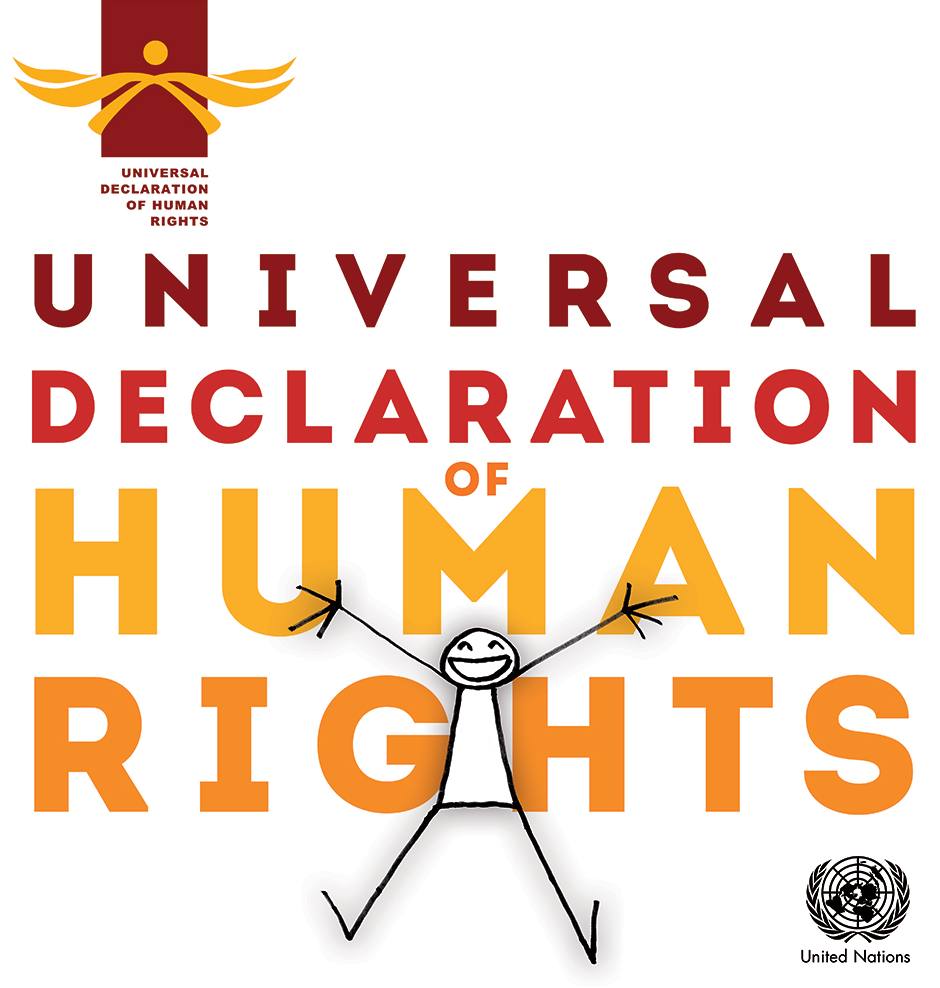|
HOME | CASE STUDIES | HISTORY | LAW | POLITICS | RIGHTS | SITE INDEX
|
||||||||||||
|
|
| Article 6 Article 7 Article 8 Article 9 Article 10 |
Article 16 Article 17 Article 18 Article 19 Article 20 |
Article 26 Article 27 Article 28 Article 29 Article 30 |
EUROPEAN CONVENTION OF HUMAN RIGHTS
|
Article 11 |
Article 13 |
Article 16 |
LEAD CASE: DISCRIMINATION & EFFECTIVE REMEDY - In the case of Nelson Kruschandl v Sussex Police and Wealden District Council, The British Governments of the United Kingdom has/have been in violation of several of the above articles since 1982, with another milestone passed in 1987 and a further major obstacle to personal development and potential in 2008 with the employment of the Sexual Offences Act 2003. Since that time Articles 1 and 8 of the UN Universal Declaration have been violated in that in Britain Article 13 of the European Convention has been deliberately omitted from the Human Rights Act 1998 - for the express purpose of undermining, holding back and preventing the personal development potential of certain citizens who challenge the present system whereby the ordinary man is a slave to financial institutions, the landed gentry, the councils, courts and reviewers who serve them in a modern Britain with lesser overtly exploitive opportunities than their Empire days.
In furtherance of Her Majesty Queen Elizabeth Windsor's Government' objectives, Legal Aid funding to be able to mount any kind of fully argued trial defence or appeal against wrongful conviction, has been trimmed to the bone - such as to have the appearance of a functional justice system - but that in fact the British justice system is fatally flawed on several counts, not least funding shortfall, so that in particular those accused of a sexual offence are deprived of a fair hearing under Blunkett Law and that having been so convicted, an effective remedy is also denied to those poor souls wrongly accused.
For the above reasons Britain is at the moment no better a place to reside than Nazi Germany when that country was policed by the Gestapo after World War One and before and during World War Two, leaving the British public at the mercy of a (noble cause) corrupt system, no better off than if those fighting for the fundamental freedoms during WW2 and dying for that cause had not laid down their lives, making the ultimate sacrifice in vain, on the promise of achieving a genuine democracy free of oppression, whereas the core agenda of British plutocrats remain as before the Universal Declaration allied to depriving the ordinary man of his rights most appallingly.
NO CONSTITUTION - Constitutions organise, distribute and regulate state power. They set out the structure of the state, the major state institutions, and the principles governing their relations with each other and with the state’s citizens.
Britain is unusual in that it has an
unwritten’
constitution: unlike the great majority of countries there is no single legal document which sets out in one place the fundamental laws outlining how the state works.
The United Kingdom does not have one specific constitutional document named as
such because it would not suit those who rule the country at local
level. It would not suit the police or the Courts who are riddled with
secret society links, like the Masons.
Instead, the so-called constitution of the United Kingdom, or British constitution, is a confusing mix of laws and principles that make up the country's body politic - but that are constantly changing. This is sometimes referred to as an "unwritten" or uncodified constitution. you might say the system in unconstitutional. The system is unsustainable in United Nations terms, wastes manpower and energy and leads to injustice stemming from the confusion that civil servants love, to keep them in high paid employment.
The British system is haphazard, primarily drawing from three sources:
1. Statute law (laws passed by the legislature) that changes year on year
2. Common law (court judgments case precedents) that change with every new case
3. Parliamentary conventions, and works of authority such as guidance or rules.
Unlike
an entirely written constitution, the law is not set and is constantly
changing to unsettled the relationship between the individual and the state and the functioning of the legislature, the executive, and the judiciary - but, and for this very reason is open to and frequented by corrupt practices and abuse whereby a
Judge (for example) can turn a blind eye in specific cases calling in
old case law by way of taking a view - frequently giving rise to ECHR
Article 14 discrimination (UN UDHR Article
7) and injustice.
Indeed, many of the Laws of England conflict with other laws of the land, with no effective remedy available under the domestic Human Rights Act 1998 via the omission of EHRC
Article 13, in itself an admission
that the lack of a constitution is unworkable in terms of fairness.
It is high time that British citizens had a more reliable set of rules. What Britain needs is a proper written Constitution and politicians who will set those wheels in motion.
Imagine then a world constitution, a set of written rules that all countries could agree on and operate by. No chance, for that would end all wars and lead to World Peace. World Peace is something that politicians cannot profit from and greed (money) is the root of all evil.
Sadly, the reason most people get into politics is for personal gain or to steer development in their area, rather than the more noble cause of representing the wishes of the people.
The Human Rights Act 1998 - Schedule 1 Part I - The Articles - Part II First Protocol - Part III Sixth Protocol
Scotland Legislation | Wales Legislation | Northern Ireland Legislation | HMSO

